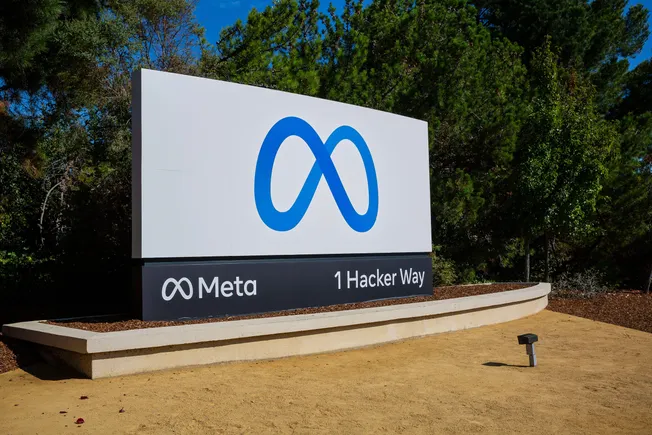TL;DR Summary of Legal Implications of AI Training on Copyrighted Works: Meta’s Court Victory
Optimixed’s Overview: Navigating the Legal Landscape of AI Training on Copyrighted Material
Understanding the Copyright Challenges in AI Development
Generative AI tools rely heavily on vast datasets, including copyrighted works, raising critical questions about ownership and infringement. Traditional copyright laws were not designed with AI in mind, creating a legal gray area for both the generation and usage of AI-created content.
Meta’s Recent Legal Win and Its Implications
- Case Background: Authors, including Sarah Silverman, sued Meta and OpenAI alleging unauthorized use of their copyrighted works to train AI models capable of reproducing their content.
- Judicial Ruling: Judge Vince Chhabria ruled Meta’s use as transformative fair use, noting the AI’s purpose is to generate new, diverse text rather than replicate original works for competing markets.
- Key Considerations: The court emphasized the lack of evidence showing market dilution or harm to the original works’ value, a critical factor in fair use determinations.
Ongoing Legal Uncertainties and Future Outlook
Despite this ruling, the judge acknowledged that stronger cases demonstrating market harm could lead to different outcomes, signaling that the legal debate is far from settled. Additional complexities include:
- Questions about the legality of how datasets are obtained, such as allegations of stolen content from unauthorized sources.
- The inability to copyright AI-generated works, complicating ownership and rights enforcement.
- The evolving interpretation of “fair use” as applied to AI training versus traditional educational or journalistic contexts.
In summary, while Meta’s victory sets a tentative precedent supporting AI training on copyrighted content under fair use, it underscores the urgent need for updated legislation to clarify rights and protections for creators and AI developers alike.
